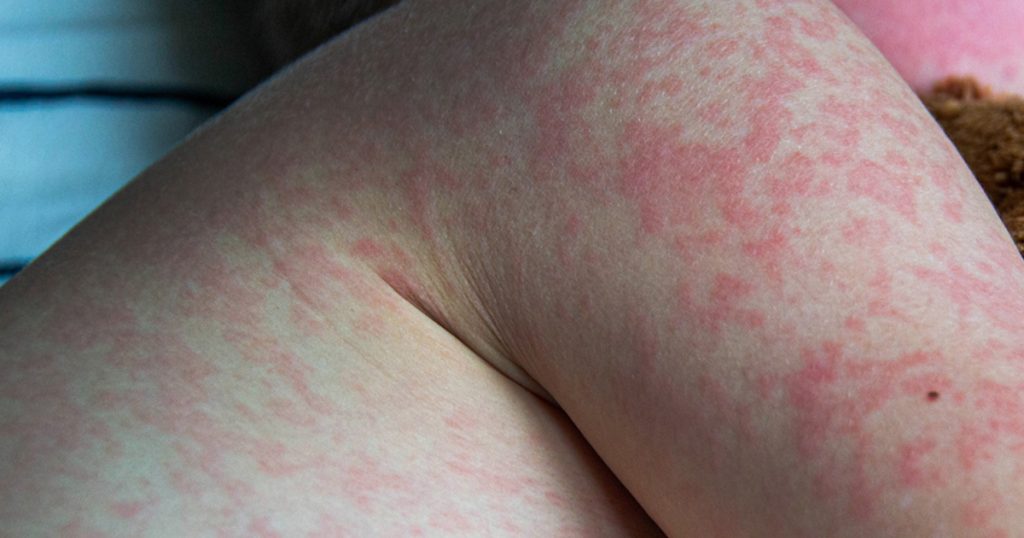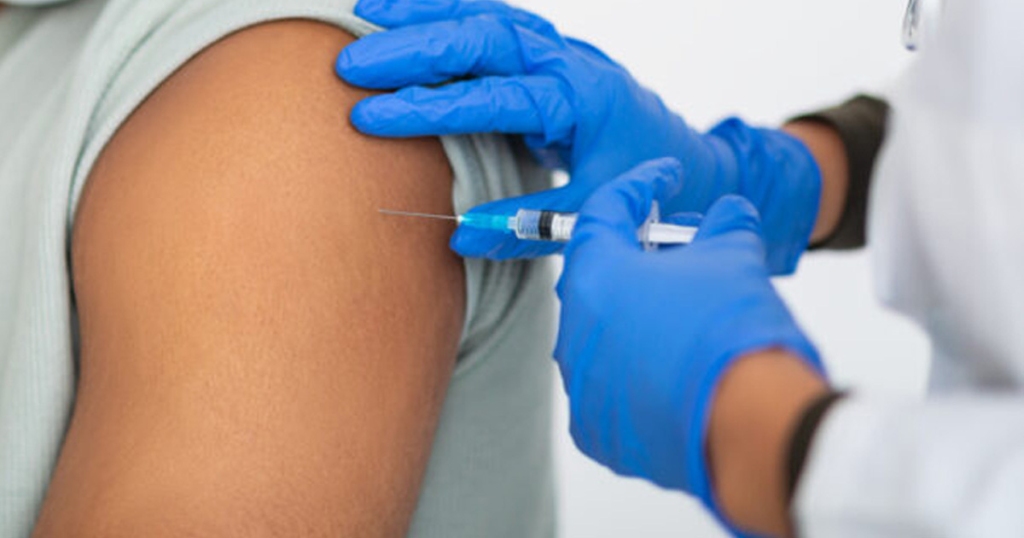
In This Article
- Measles Outbreak in Canada
- Why Canadians Should Have Measles Travel Vaccine
- How is AI Helping in Measles Outbreak Detection?
- What Should Canadians Do To Deal With Measles While Traveling?
In Canada, public health officials are emphasizing the critical importance of measles vaccination, particularly for anyone who plans to travel. The reason behind these concerns is the increasing cases of measles in Canada in the current year. According to the analysis, the country has reported more cases in the first two months of this year as compared to the last whole year. In such a situation, traveling to other countries should only be permitted after vaccination.
The measles outbreak is the most trending health news nowadays, and Canada is no exception. Health authorities are suggesting having immunity whether the individuals have symptoms or not. This is particularly critical for those traveling to the regions affected by this critical outbreak. Meanwhile, digital advancements and technologies like artificial intelligence are helping the experts to understand the root cause and predict the outbreak pattern to deal with the situation.
Measles Outbreak in Canada
The measles outbreak in Canada has sparked concerns in the health officials to take the steps for prevention and treatment of this deadly contagious disease, particularly for the travelers. The reason is that the situation is spreading all over the country, and the data fed into the high-tech innovations indicate that this is particularly because of the unvaccinated traveling.

The Chief Public Health Officer of Canada, Theresa Tam, MBBS, seems to be very worried about the data she is receiving using digital social media. She has shared her feelings through the statement she wrote:
I strongly urge all Canadians to ensure they are vaccinated against measles—check to see if you are up to date before traveling. If needed, the vaccine should be administered at least two weeks before departure, but even last-minute vaccinations offer protection
In the past two months, 277 measles cases have been reported in Canada, and the situation is becoming more critical. A more critical situation is expected in the current month because people are going to travel to other regions during their March break. The situation is considered a critical public health concern in some big provinces such as New Brunswick, Ontario, Québec, and Manitoba.
Why Canadians Should Have Measles Travel Vaccine
Measles is a highly contagious disease that rapidly spreads over crowded areas such as public transport, airports, bus stations, and other hotspot hubs. The increasing risk of measles is high in Canada because of the high number of cases in populated regions like Europe, Asia, and the U.S, which are reporting the high measles numbers. Unvaccinated individuals bring the measles to their house, and even if they are not effected, the germs can attack children, women, or vulnerable people.
Spring break is at its peak, and in such seasons, there is more likelihood of exposure to other communities and regions. Travelers face the rapid change in climate, eating habits, sleeping disturbance, and other factors that may weaken their immunity; therefore, they have the most risk of attack of the disease like measles.

How is AI Helping in Measles Outbreak Detection?
Digital health tools and AI analysis are working together to monitor the pattern and hotspots of the outbreak. The predictive analysis and machine learning algorithms are helping the government deal with the situation. Using AI to collect the data and predict the result is the best way to get foolproof efficiency. Weborik Hub is working to help the clients to integrate AI in their systems to work them better.
What Should Canadians Do To Deal With Measles While Traveling?

Experts comment on the situation and provide the instructions to get the measles, mumps, and rubella (MMR) vaccine before they plan to travel even a short distance. Two doses of lifelong protection can help with the current issue. Moreover, if required, talking to the healthcare provider and getting regular checkups are crucial.



